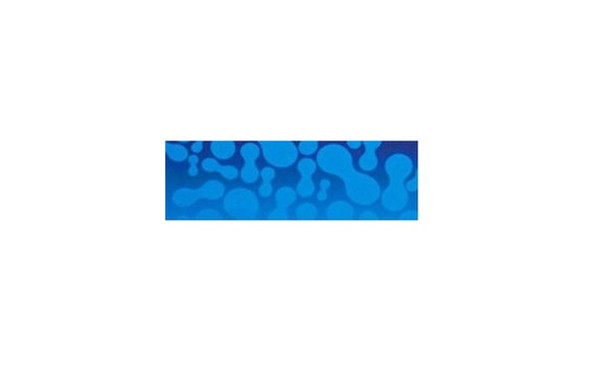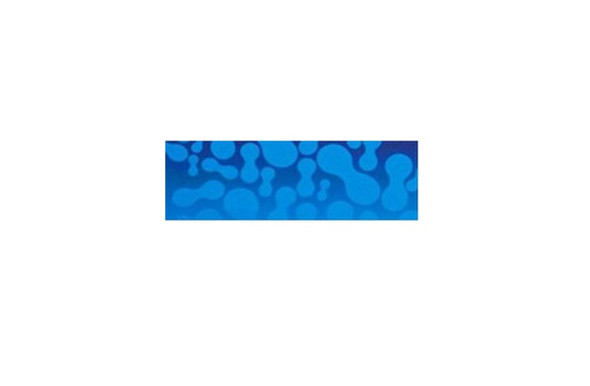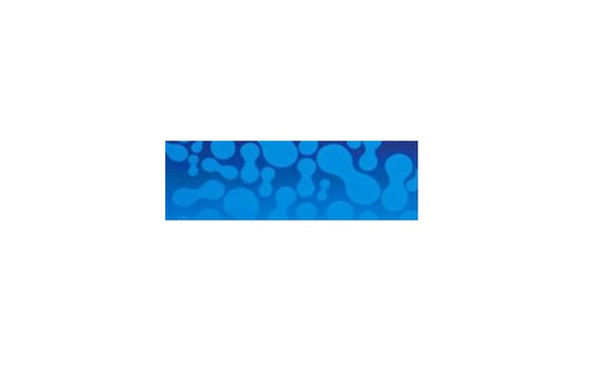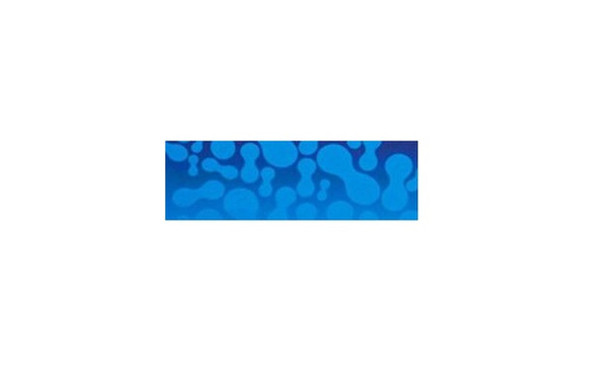Description
KCNA10 Polyclonal Antibody | E-AB-17934 | Gentaur US, UK & Europe Disrtribition
Reactivity: Human, Mouse
Host: Rabbit
Isotype: IgG
Application: IHC, ELISA
Research Area: Cancer, Metabolism, Signal Transduction
Background: KCNA10 (Potassium Voltage-Gated Channel Subfamily A Member 10) is a Protein Coding gene. Among its related pathways are Potassium Channels and Transmission across Chemical Synapses. GO annotations related to this gene include ion channel activity and intracellular cyclic nucleotide activated cation channel activity. An important paralog of this gene is KCNA4.Potassium channels represent the most complex class of voltage-gated ion channels from both functional and structural standpoints. Their diverse functions include regulating neurotransmitter release, heart rate, insulin secretion, neuronal excitability, epithelial electrolyte transport, smooth muscle contraction, and cell volume. Four sequence-related potassium channel genes - shaker, shaw, shab, and shal - have been identified in Drosophila, and each has been shown to have human homolog(s). This gene encodes a member of the potassium channel, voltage-gated, shaker-related subfamily. This member contains six membrane-spanning domains with a shaker-type repeat in the fourth segment. It is specifically regulated by cGMP and postulated to mediate the effects of substances that increase intracellular cGMP. This gene is intronless, and the gene is clustered with genes KCNA2 and KCNA3 on chromosome 1.
Lead Time: 7~10 days
Concentration: 0.66 mg/mL
Storage: Store at -20°C. Avoid freeze / thaw cycles.
Immunogen: Synthetic peptide of human KCNA10
Buffer: PBS with 0.05% NaN3 and 40% Glycerol, pH7.4
Purification: Antigen affinity purification
Dilution: IHC 1:30-1:150, ELISA 1:5000-1:10000
Conjugation: Unconjugated
Calculated Molecular Weight: N/A
Observed Molecular Weight: N/A
Clonality: Polyclonal






